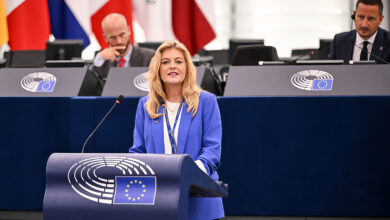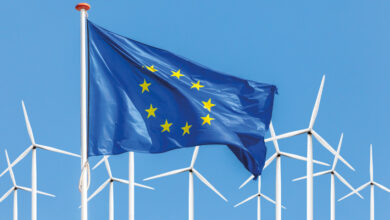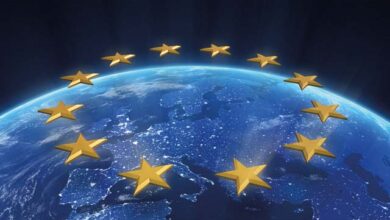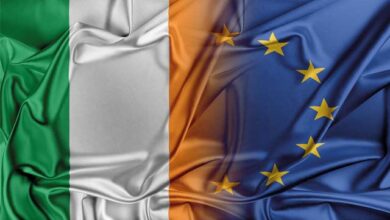Hogan: benefit of a free trade deal
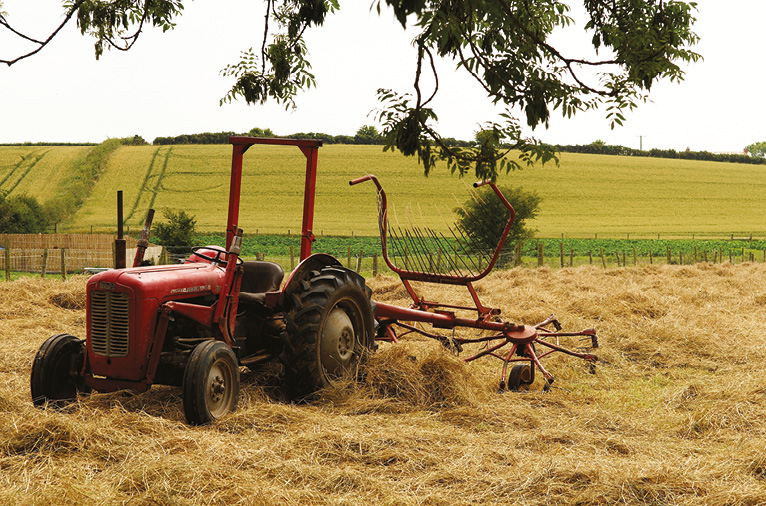

EU Agriculture Commissioner Phil Hogan has expressed the view that Europe must strive for a free trade deal with the UK, as part of the final Brexit arrangements.
“Obviously, it is in Ireland’s best interests to have such arrangements put in place, but to make this objective a reality will require the Irish government securing an agreement with the other 26 EU member states,” he explains.
Hogan makes it clear that Brussels will negotiate on behalf of the EU-27, once the Brexit procedures gets underway in earnest: bilaterals involving the UK and Ireland will not be part of the process.
“The Irish government must seek to form alliances with other EU member states,” he says. This should not be that difficult a process. Germany, for example, currently enjoys a €50 billion trade surplus with the UK. No doubt, there are other EU member states, which would be very much in favour of a free trade deal with the UK.”
Hogan points out that the final Brexit deal must ensure that cheap food imports are not allowed into the UK. These products could, subsequently, flood the Irish market.
“There must be full parity of quality standards,” he explains. “The trade deal arrived at recently between the EU and Canada could be used as a blueprint in this regard.”
The Commissioner confirms that Brexit will become reality on 29 March 2019 . He adds that not reaching agreement before then could represent the worst of all worlds for Ireland’s farming and food sectors.
“Having no agreement in place would pave the way for the introduction of swingeing WTO tariffs on foodstuff exported from the European Union to the UK. For example, levies of up to 68 per cent could be imposed on Irish beef exports to Britain, if the Brexit deal is not sorted out over the coming months.”
Ireland’s Farm Minister Michael Creed has made it clear that the continuation of the current trading relationships between the UK and Ireland is a priority.
“I believe that, given the high levels of agri-food trade between Ireland and the UK, and the highly integrated nature of that trade, it is in both our interests to maintain the existing relationship to the maximum extent possible.”
Meanwhile, Irish Farmers’ Association (IFA) president Joe Healy claims that national Common Agricultural Policy (CAP) funding levels must be maintained post-Brexit.
Speaking at a recent Brexit briefing in Ballina, County Mayo, he said that the financial hole, which will be created in the EU’s finances – once Brexit takes effect – must not be allowed to impact on future CAP budgets at a national level. Currently, the United Kingdom commits €3 billion to the CAP kitty.
Healy also ruled out the need for the Irish government to commit additional national funding in this regard: “All EU member states giving a little bit more is the obvious way forward.”
The IFA president highlights the value of the CAP in delivering cheap food to consumers across Europe: “The CAP has helped deliver high quality food at extremely competitive prices for many years.
“The reality is that farmers must be compensated accordingly for the investment which they continue to make in their businesses. I fully expect the EU Commission to recognise this reality.”
It has been estimated that a net deficit of €3 billion will be created in Europe’s CAP budget, once Brexit becomes a reality. However, Healy firmly believes this shortfall can be made up, if the EU-27 work together.
Currency
An increasingly volatile euro:sterling exchange rate could be one of the most immediate impacts of the UK’s decision to trigger Article 50 of the Lisbon Treaty, according to Ibec Director of Policy and Public Affairs Fergal O’Brien.
“This may well be the case, once the issue of the UK’s divorce settlement comes up for discussion. Only one in four Irish companies hedge against euro: sterling currency movements at the present time. This figure may well increase during the period ahead.”
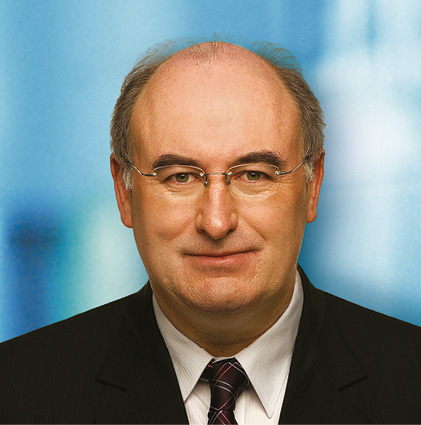
O’Brien pointed out that, since the Brexit referendum result, sterling has fallen by 21 per cent against the Euro.
“Exchange rate volatility has occurred before. This time is different, however. Previous bouts of sterling weakness were cyclical. These recent changes represent a structural change in the strength of the currency. A weak sterling may be the new normal facing Irish business.”
O’Brien highlights the recent unifying trends that had become apparent within the island of Ireland’s economy over recent years: “This is particularly the case, where agri-food is concerned. It is a process that is delivering enhanced wealth opportunities to both parts of the island. The maintenance of this momentum must be maintained as part of the final Brexit deal. This all island market is delivering real prosperity for citizens for Ireland as a whole.”
O’Brien says that cross-border tariff barriers must be avoided at all cases: “Preserving the common travel area is absolutely crucial. The UK and Ireland are unique in having a common labour market. This must also be maintained post-Brexit.”
He outlines that the Irish economy is uniquely exposed to the impact of Brexit, adding that tailored solutions will be needed to address specific problems.
The ESRI’s Edgar Morgenroth says that Brexit is bad news for the Irish economy, irrespective of the final arrangements that are arrived at between the UK and Europe.
“If the UK’s default position is to settle for a World Trade Organisation tariff structure, then Irish beef would be subject to a 50 per cent levy on entry into the UK. This works out at €500 for every €1,000 of product traded. So, the question is: will Irish beef imports to the UK be price competitive if these trading arrangements are put in place?”
Morgenroth confirms that milk and dairy products will be subject to a 30 per cent levy under similar circumstances: “Of course this brings up the issue of the cross-border transportation of milk, which is so prevalent today. Each of these movements would be eligible for the 30 per cent levy. Adding to the concerns for agri-food is the fact that the UK could opt to agree tariff free trade deals with individual countries outside of the EU.”

